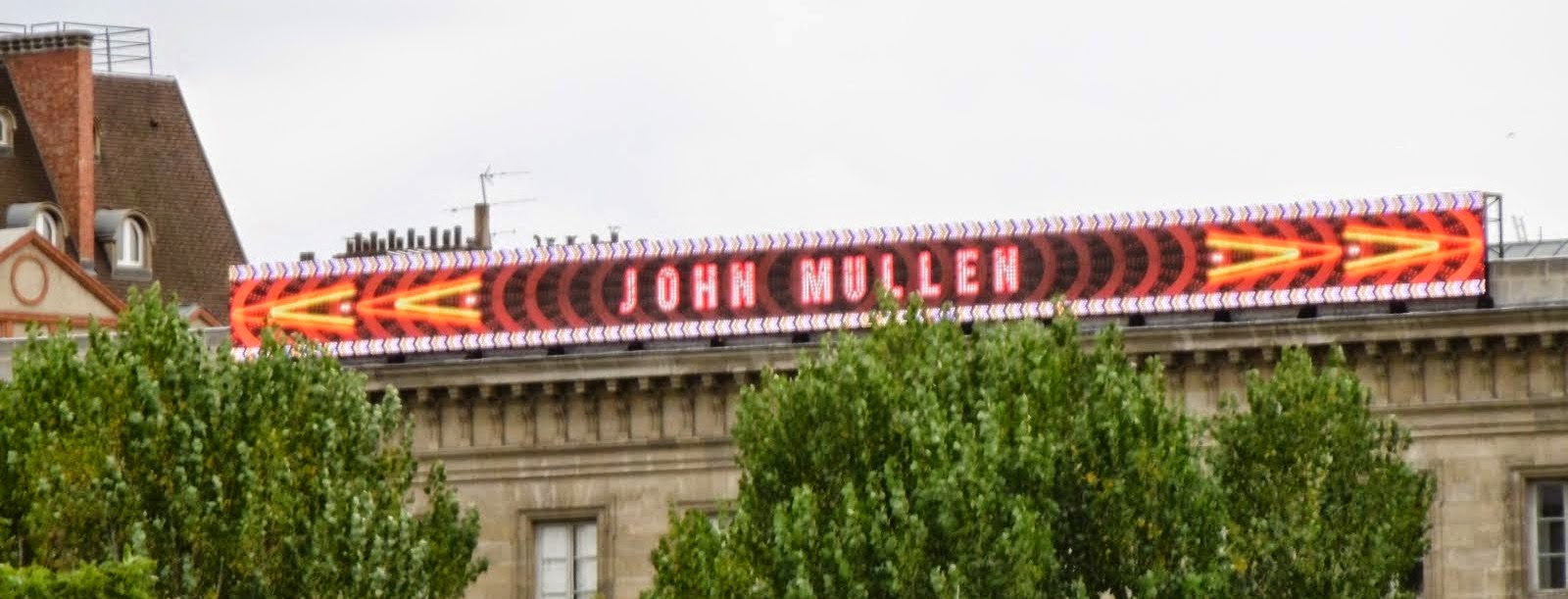Si vous pouvez vous organiser pour aller à Tours le 21 octobre, vous pourrez assister à une journée d'études sur la question de civilisation britannique, avec l'intervention d'une série d'historiens et civilisationnistes. Voici le programme:
« LE ROYAUME-UNI A L’EPREUVE DE
LA CRISE, 1970-1979 » [AGREGATION]
One-day conference organised by Stéphane
Porion, MCF (Université François Rabelais, Tours).
Friday October 21, 2016.
Université de Tours (site Tanneurs), 5e
étage B.U., 3 rue des Tanneurs, 37000 TOURS.
9h30-9h45: Stéphane PORION, MCF (Université
François Rabelais, Tours, ICD - EA 6297): “Opening
remarks on the turbulent 1970s”
9h45-10h45: Keynote Address: Lord Kenneth MORGAN,
Professor (The Queen's College, Oxford, and King's College, London):
“Britain in the 1970s: Homage to Wilson and Callaghan”
10h45-11h: Coffee
Break
· POLITICS &
ECONOMICS
Chair: Marie-Claude ESPOSITO, PR (Université
Sorbonne-Nouvelle, Paris III)
11h-11h30: Stéphane PORION, MCF (Université
François Rabelais, Tours, ICD - EA 6297):
“Enoch Powell’s opposition to Edward Heath’s policies:
a crisis of leadership within the Conservative Party? (1970-1974)”
11h30-12h: Marc LENORMAND, MCF (Université Paul-Valéry, Montpellier 3, EMMA -
EA741):
"“A mighty influence in the land”? The trade
unions in crisis Britain, 1970-1979"
12h-12h15:
concluding remarks
12h15-13h45: Lunch
· SOCIAL POLICY
Chair: Stéphane PORION, MCF (Université
François Rabelais, Tours)
13h45-14h15: Susan FINDING, PR (Université de Poitiers, MIMMOC & FE2C) :
“Education from Plowden to Thatcher - red, yellow,
black and blue building bricks. A decade of increased opportunities or of
rising discontent?”
14h15-14h45: Imelda ELLIOTT, PR (Université du Littoral
Côte d’Opale, HLLI - EA4030 LCEM-MUSE):
"Conservative Education Policy in England and
Wales 1970-1979"
14h45-15h15: Duncan THOM, PRAG doctorant (Université Paris-Sud, HDEA - EA
4086, Université Paris Sorbonne):
“The NHS in UK Election Campaigns, 1970-1979”
15h15-15h30:
concluding remarks
15h30-15h45:
Coffee Break
· THE UK – THE UK
& EUROPE
Chair: Lord Kenneth MORGAN, Professor (The Queen's College,
Oxford, and King's College, London)
15h45-16h15: Philippe CAUVET, MCF (Université de Poitiers, MIMMOC & FE2C):
“The British State and the Northern Ireland Crisis
from Wilson to Thatcher”
16h15-16h45: Edwige CAMP-PIETRAIN, PR (Université de Valenciennes et du
Hainaut-Cambrésis, CALHISTE - EA 4343):
“The Scotland Act (1978), a response to the SNP's
electoral breakthrough”
16h45-17h15: Elizabeth GIBSON-MORGAN, MCF HDR (Université François Rabelais de
Tours, ICD - EA 6297):
"The 1975 United Kingdom's referendum on Europe:
A crisis momentarily averted"
17h15-17h30: concluding
remarks
17h30: End

